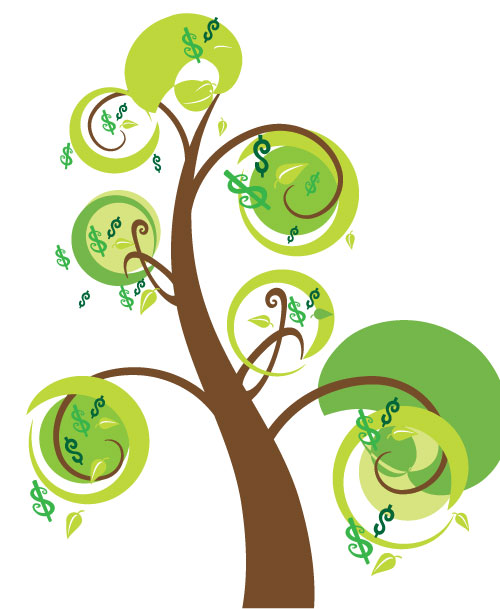Conscious (and Sustainable) Consumption
/ Last week The New York Times published an article called “But Will it Make You Happy?” and it quickly made the rounds among my friends and family.
The article centers on the idea that “Conspicuous Consumption” – or the idea of buying “without regard” – is out.
Last week The New York Times published an article called “But Will it Make You Happy?” and it quickly made the rounds among my friends and family.
The article centers on the idea that “Conspicuous Consumption” – or the idea of buying “without regard” – is out.
Instead, Americans today are not only consuming (and spending) less, but also changing how they do it.
Rather than spending on material goods like couches and cars, people these days are focusing on “experience” spending; that is, on weekend getaways, nice dinners, or basically anything that can create memories.
Interestingly enough, this shift in where and how people consume doesn’t just mean they’re saving money in a tough economy. In fact, it’s more than that: “Current research suggests that, unlike consumption of material goods, spending on leisure and services typically strengthens social bonds, which in turn helps amplify happiness.”
That’s right – as people are choosing to shift their spending habits away from material goods and towards memory-making experiences, they’re actually happier!
The article goes on to say: “People are happier when they spend money on experiences instead of material objects, when they relish what they plan to buy long before they buy it, and when they stop trying to outdo the Joneses.”
For me, the idea of trying to outdo the Joneses especially resonated. It’s easy to get caught up in the latest “must-have” gadget, the newest electronics, or the most stylish outfit. I’ll admit it: this is definitely something I struggle with sometimes.
But, like the people profiled in the article, these days I’m really trying to be more thoughtful and present when I make purchases. Whether it’s deciding not to go shopping for new clothes (when I already have a full closet) or choosing to go out to a nice dinner rather than buy a new ipod, I’ve definitely seen my own personal shift in spending.
And like the article says, I feel better about my life, my health and my relationships because of it.
That said, one thing The New York Times article fails to mention – and that for me personally has been crucially important in my spending shift – is the rising awareness among consumers relating to the environmental impact of their consumption.
Instead of conspicuous consumption, you might say we’ve entered a time of Conscious Consumption. These days, many American consumers are thinking carefully about the products they buy, the food they eat, the cars they drive and the homes they live in – not just because of their desire to spend less, but because of the waste and excess that come with these purchases.
I mean, seriously – if Oprah’s talking about conscious consumption, you know the American public is too!
In this way, I believe The New York Times article missed one important piece in the puzzle. Yes, we’re changing the way we spend and what we spend on – and it’s partly because of the economy, that’s true. But I believe we’re also consuming differently because we know that our choice to buy bigger and live bigger just isn’t sustainable.
The good news is, whether you shift your consumption habits for Mother Earth, or for your wallet, I do agree with The New York Times on one point: it will definitely make you happier. Give it a try!

